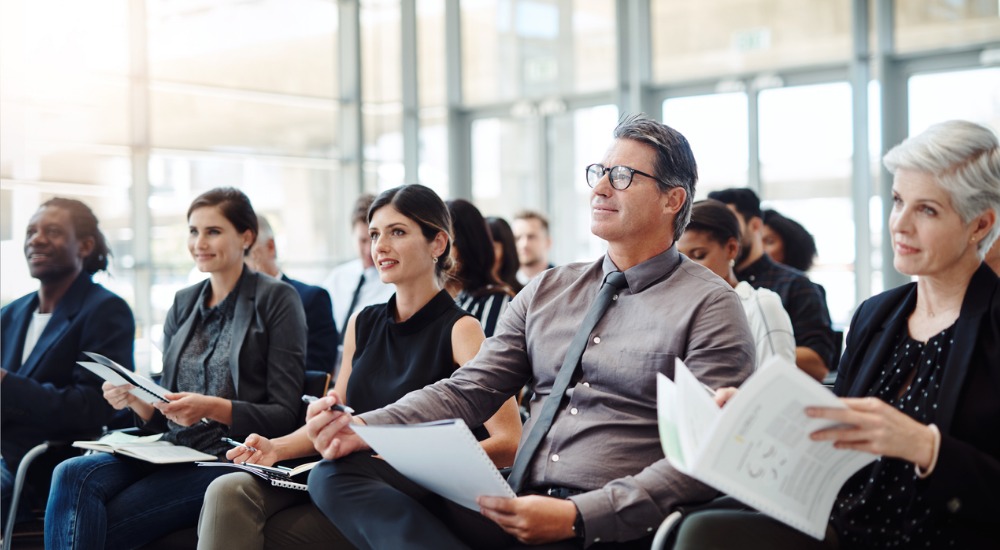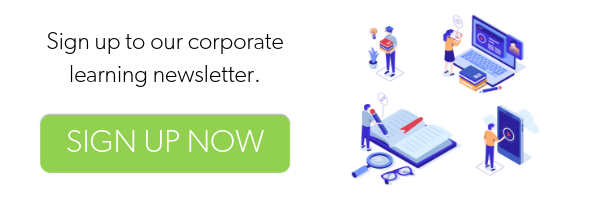Upgrade Your Learning Ability
The superskill for staying on top in a 21st century workplace
Every organization in the world is undergoing rapid change. Digital transformation, driven by artificial intelligence (AI) and automation, has brought changes to the nature of the very jobs we do, and how and where we do them. It is even changing who does the work – humans, robots, or co-bots. The division of labour between humans, machines, and AI is shifting quickly. By 2025, it’s expected to shift to 48% human, 52% machine or algorithm. (1)
As millions of workers switch occupations in response to digital transformation, the skills they need will shift. Recent reports on changing skills requirements highlight two areas: technology skills and social and emotional skills. Both will be in high demand in the years ahead.
While demand for technology skills may seem obvious, social and emotional skills, or soft skills, as they are often called, may be equally critical. Jobs demanding soft skills are predicted to grow in many industries – customer service, sales and marketing, and innovation, for example. However, one soft skill may in fact underpin all other skills needed. This is the ability to learn continuously, we call it Learn to Learn (L2L). We believe it may be the vital skill for a 21st-century workforce.
L2L – what is it?
While some attempt the challenging task of predicting what jobs will emerge or vanish in the future, we believe that one essential quality people must cultivate, whatever the emerging job landscape, is an adaptable and continuous learning mindset. And we’re not alone. The World Economic Forum highlighted Active Learning and Learning Strategies in its 2018 Future of Jobs Report. (2)
While both organizations and individuals need to embrace a lifelong learning mind-set to remain relevant and competitive in today’s marketplace, empowering and augmenting individuals’ ability to learn may be a more strategic starting point. So, what is the ability to learn and why is it a misunderstood and underappreciated aptitude? To answer this, let’s think about how learning happens.
How We Learn
Learning forms a huge part of what humans do. As children, we learn to walk and talk automatically, we master a range of physical activities with relative ease, and with luck and health, we continue to learn throughout our lifetime. We learn to read and write, we acquire social skills such as communication, negotiation, and leadership, and so thrive across the spectrum of activities, cognitive and physical, that make up our personal and work lives.
With time, we move into different careers, acquiring different and new domains of knowledge, progressing from novice to master to expert skill proficiency in our chosen fields. Our learning, however, the very engine of our progress, may not always be trouble-free. It may not even be highly effective. The difficult truth is that not everyone is a successful learner. This is not a radical idea. After all, at a biological level, there is still a mystery around how we learn.
The Science of Learning
Thankfully, the science of learning is a well-researched and rich area and has recently been expanded by newer areas of research like neuroscience.
These disciplines explore areas like attention, memory, and learning, including how and where learning happens within the brain. This makes them important research fields for those of us involved in teaching and learning to monitor and track.
So, what makes a good learner? And as learners, are we any good at predicting how well we learn? Are we overly optimistic about how much we remember after learning? Research indicates that we may well be overconfident of the effectiveness of our learning strategies.
Many of us, for example, erroneously believe that studying materials in chunks and then rereading it will help us remember it, or that slow and laborious learning is not successful. In fact, cognitive psychologists have carried out many experiments in the last few decades that shed light on the most effective learning strategies. Some of them might surprise you and may even contradict popular thinking about how we learn. In the next few blogs, we’ll explore some of the big ideas that have emerged from neuroscience and cognitive psychology and show how you might use them to upgrade your own learning strategies and how you might apply them to team or group learning.
Understanding how we learn and what strategies and variables will optimize learning are essential in today’s workplace and world.
(1) https://www.weforum.org/agenda/2018/09/future-of-jobs-2018-things-to-know/








